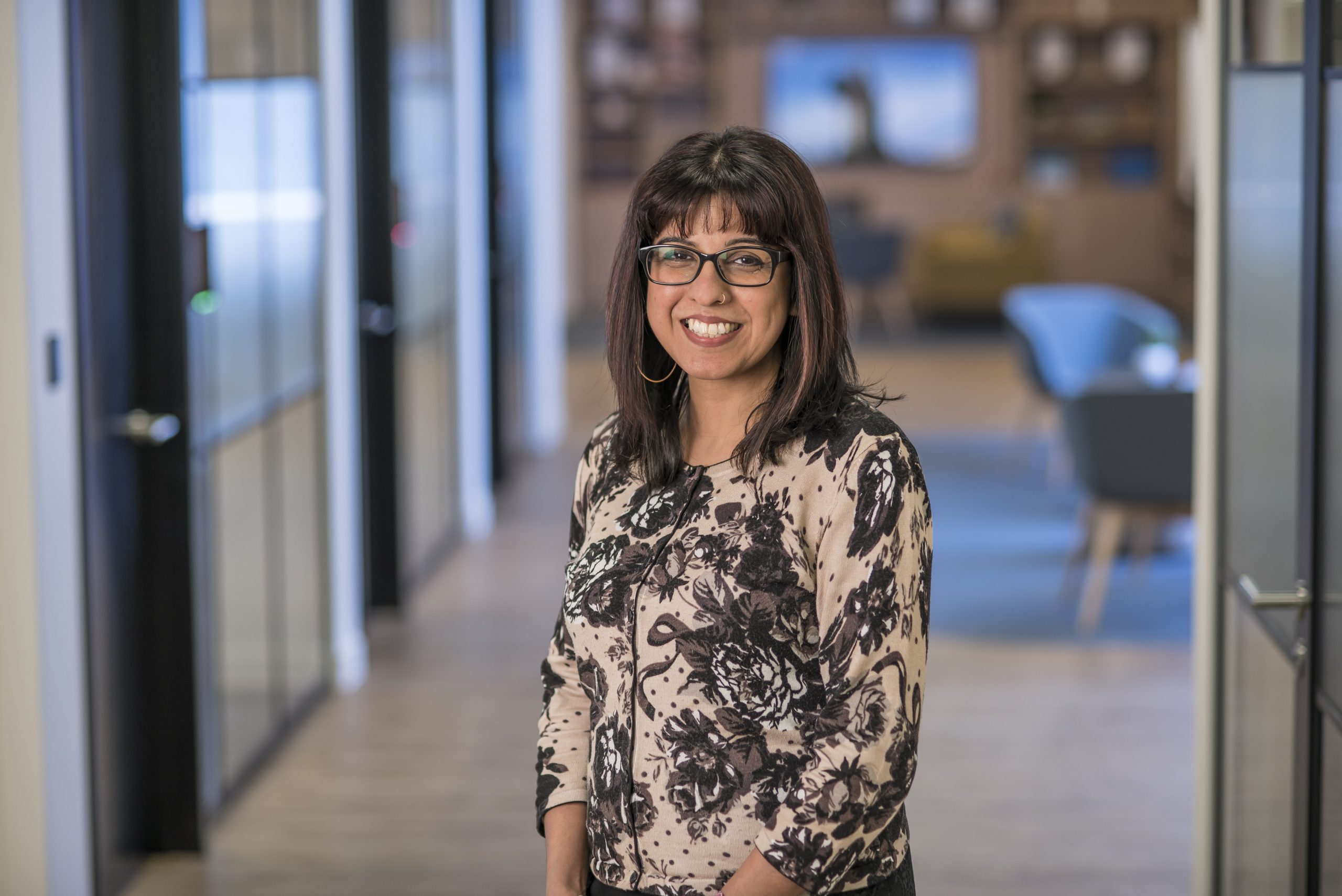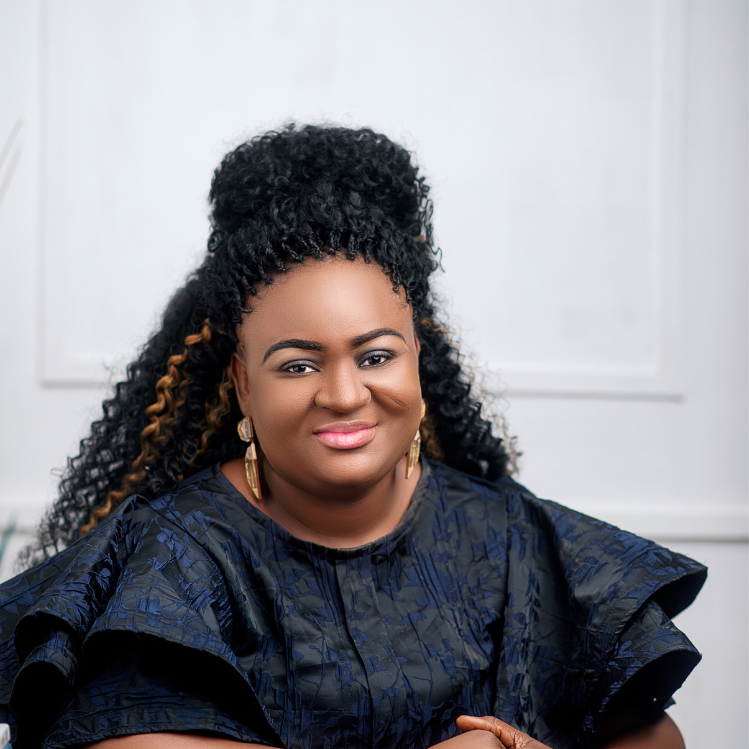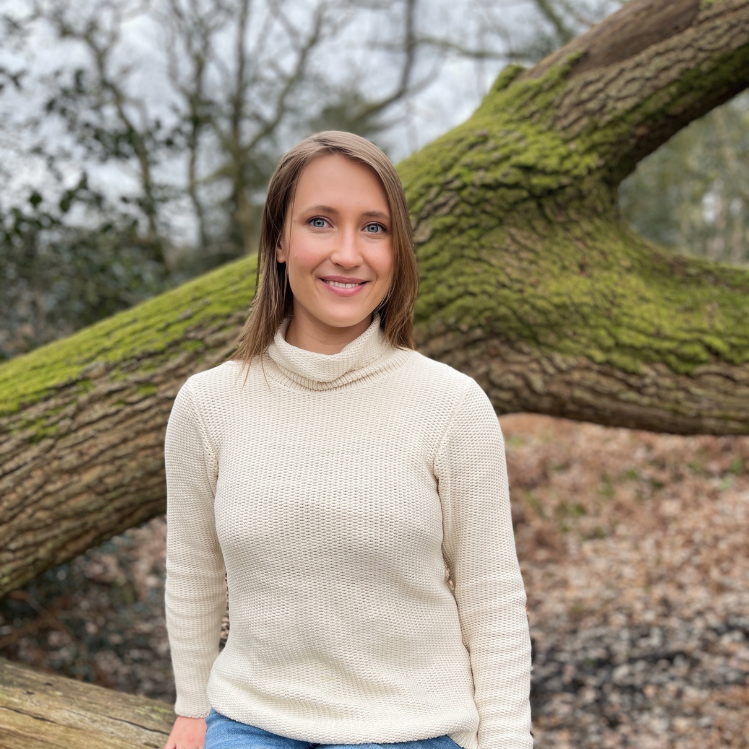
Kami Nuttall: Understanding Your Organisation’s DNA
By Randi Morse
Kami Nuttall has a Bachelor’s in Psychology from University of Greenwich and a Master’s in Social Anthropology in Children and Child Development from Brunel University. During her master’s, her research focused on an abandoned children’s home. It was here she discovered the serious consequences that an organisation’s culture can have on clients – in this case children – and employees. This experience redirected her career path to culture assurance. Today, she is a culture assurance expert and trainer, qualified as a Chartered Internal Auditor, with nearly 20 years’ experience. Last year she founded Culture Lab Consultancy, a company which helps leaders increase organisation value through deliberate and conscious organisation culture. She is also an experienced mentor, speaker, and author.
Can you tell us a bit about your background?
I was born in the UK and raised in north London. I have North Indian – Punjabi – heritage, and last year I also claimed, as part of my heritage, the time my father spent in Kenya in his youth and adulthood. My father died when I was 23 years of age. He was a big influence in my life and to this day I miss him dearly. He is in my thoughts every day. I am 44 years old, separated, and have two wonderful step-daughters – aged 17 and 15 – who accept me as their ‘other mother’. I am fortunate to have the support of my mother, sisters, and nieces and nephews. I think I should give a shout out to my brothers-in-law too! In short, I come from a strong family.
Why is culture assurance so important?
[rml_read_more]
I always thought I would work with children in some form, and for most of my teenage years and into my early 20s, I worked with kids in a variety of ways – play worker, tutor, teacher. When I completed my research for my master’s thesis – it was on the subject of abandoned children – I found myself very disappointed with the organisation I was basing my research on. It was a place in north India, and housed children who had been abandoned by their parents. Spending time with these kids was amazing, and I remember holding a newborn baby in my arms, literally days old! But it was only after I left and then revisited the centre that my disappointment manifested into a strong desire to help organisations be better and do better. I found the children, particularly those with disabilities in a terrible state of care – they weren’t expecting me to visit and I expect that they had been on their best behaviour when I was conducting my research and visiting on a daily basis. It was a pivotal moment for me which created my desire and ambition to see organisations be held accountable for who and how they serve. Which meant I moved away from wanting to work directly with children to working with organisations.
 Leaders should not ignore their organisation culture. Leaders must be conscious, aware, and awake to their organisation’s ways of working. The glue that holds people together in a workspace will inevitably have an impact on how customers are served as well as how engaged employees are.
Leaders should not ignore their organisation culture. Leaders must be conscious, aware, and awake to their organisation’s ways of working. The glue that holds people together in a workspace will inevitably have an impact on how customers are served as well as how engaged employees are.
The size of the organisation does not dictate whether or not you have a culture – people spending enough time together, repeatedly will form a culture. The question is how deliberate are you about HOW you serve your clients, your customers? How deliberate are you in HOW you treat and engage your employees? Can you pinpoint and describe your culture and would everyone in your organisation agree?
Culture assurance helps leaders understand and diagnose what is actually happening in their workplace. If you want to change HOW you do what you do, then you first need insight into what informs your HOW.
What is a reoccurring issue you find in corporate culture and how can it be resolved?
There are two main issues that I see in organisations. Leaders are reluctant to engage in a discussion about culture because they don’t understand it – they tend to have a ‘if you can’t see it, you can’t touch it, it can’t be measured’ mindset. Culture very much becomes dependent on leadership style. In itself this is not a problem, but it is if your culture is toxic.
Another reoccurring issue is a ‘pet-peeve’ of mine. I have witnessed many organisations quote their values and say, “this is our culture”. Values are used as a communication, branding, marketing strategy for positioning a business decision. They become a vehicle to drive a business decision forward with little regard to whether ways of working actually align with values. Values are seen by many as something they need to have to show the outside world how good they are. The reality is that values are aspirational statements until they are evidenced as lived. Culture is so much more than values and value statements. Culture is about understanding your organisation’s DNA, how it breathes, how it pulses.
What is a piece of advice you give to organisations now with the upheaval due to COVID-19?
We are certainly living in strange times. COVID-19 has challenged us in ways that were unimaginable. Two months ago, we were free to go where we wanted, see who we wanted, when we wanted. Now, we are in lock down – for many we are ‘imprisoned’ in our own homes. For some this is time for reflection and self-care.
For organisations, they have been and continue to be faced with really difficult decisions. Some are or have faced bankruptcy, scores of people are being laid off in redundancies, all sectors and industries are affected – no one is excluded from the impact of COVID-19. This will go on for some time yet. Depending on where you are in the world you might need to continue practising social distancing for the remainder of 2020. This is a real test of organisation culture – those organisations that survive will be remembered for how they treated their customers and their staff.
My advice to leaders is, if you haven’t already, then start thinking about:
- Your exit strategy and the steps you need to take to recover from this period – what does recovery look like?
- Opportunities – did we have to go digital in a short time? Can we learn from this? Were we forced to work in a different way and what are the implications of this for the way we work, how we work, in our future workplace? What does IDEAL look like?
Looking into the future, what are your hopes for mankind after we have passed these challenging times?
I hope that the kindness and compassion I have seen during these lockdown times continues into the new world, the new normal whatever that looks like. And I can’t wait to get back to hugging people! I miss my hugs!





